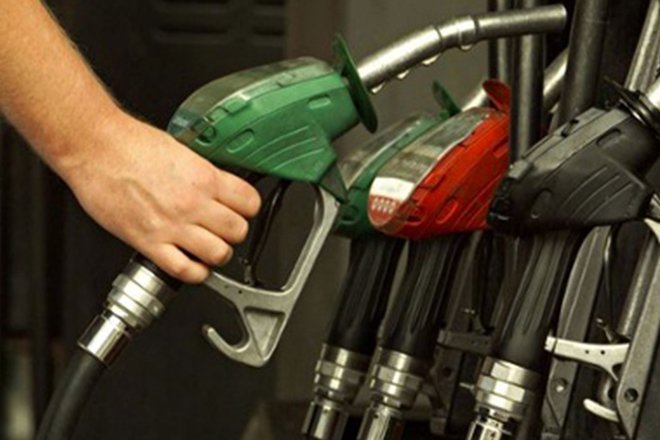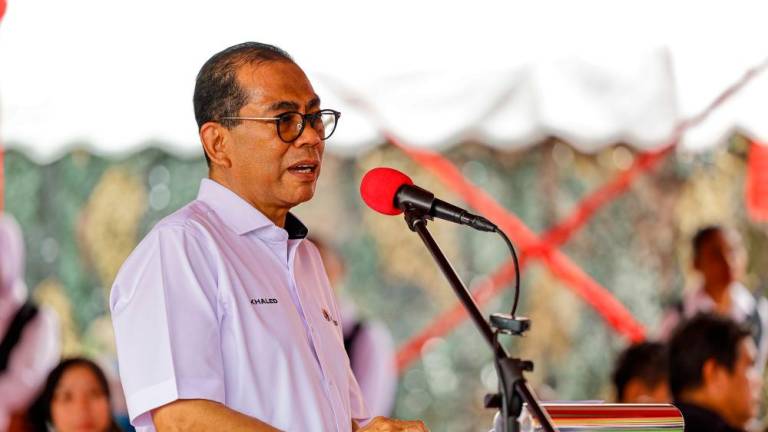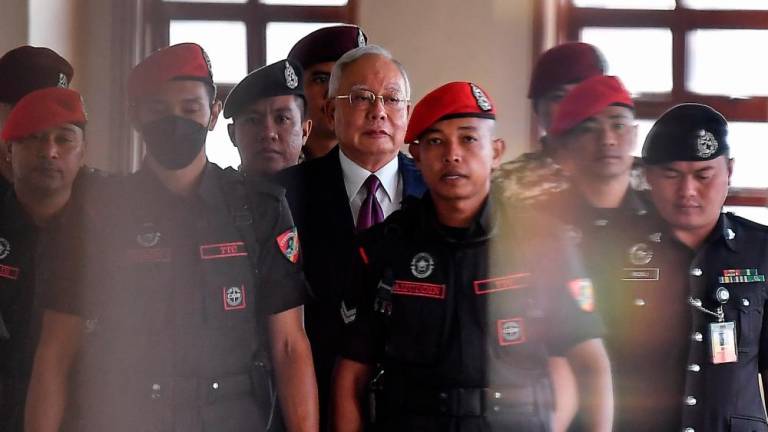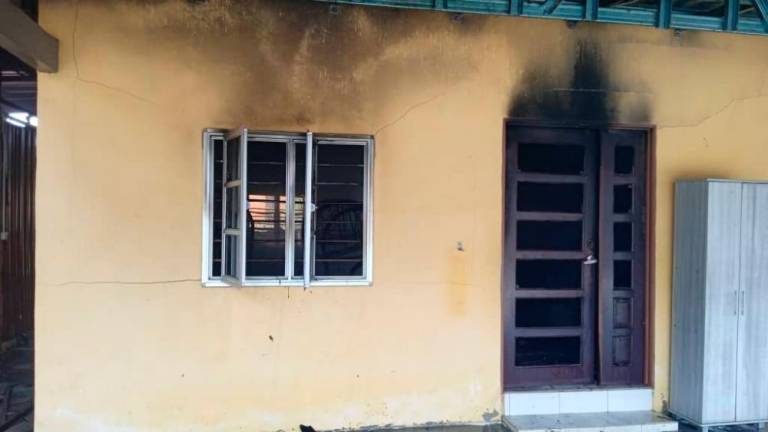KUALA LUMPUR: The decision by the government to postpone the implementation of the Petrol Subsidy Programme (PSP) this month has elicited mixed reaction from economists.
The postponement was to enable briefing sessions to be continued to create awareness and prepare the public for the implementation of the programme, according to the Domestic Trade and Consumer Affairs Ministry.
The ministry in a statement dated Dec 30, 2019, said its decision would provide time for the registration of subsidy beneficiaries, which will be undertaken by the Finance Ministry.
On Jan 1, 2020, Finance Minister Lim Guan Eng said the government took the decision to defer the implementation of the targeted PSP out of concern that floating petrol prices might impact the people’s cost of living.
Bank Islam Malaysia Bhd chief economist Dr Mohd Afzanizam Abdul Rashid echoed Guan Eng’s sentiment, saying that the suspension of the programme would help in mitigating the rising cost of living as RON 95 petrol could become pricier as a result of the implementation of PSP.
In the meantime, the government he suggested, need to come up with an effective formula to ensure subsidies were given only to the deserving, such as those from the lower-income group, known as the B40.
“The database on the low-income group need to be thoroughly scrutinised to ensure only those who are qualified enjoy the subsidies via a quick and efficient disbursing mechanism,” he told Bernama.
In order to avoid confusion, the government must provide a clearer explanation on the implementation of the PSP, he said.
Additionally, enforcement of existing laws and regulations especially the Price Control Act 1946 must be tightened to prevent unscrupulous traders from taking advantage of the PSP through profiteering and malpractices.
Meanwhile, in an email interview, RHB Investment Bank Bhd head of Asean economics research Peck Boon Soon said he was shocked to learn of the postponement.
Investors generally dislike uncertainty, he pointed out.
In contrast, United Overseas Bank (Malaysia) senior economist Julia Goh said the decision to postpone PSP did not come as a huge surprise because the issue of the rising cost of living remains a constant thorn for many Malaysians.
Moreover, headline gross domestic product suggests slower economic growth in the third quarter of 2019, amid the government’s effort to continue balancing growth and strengthen its fiscal position.
“Even if the PSP is delayed, we still expect headline inflation to pick up in 2020 mainly due to base effects, the planned adjustment in water tariffs nationwide and potential pass-through of higher minimum wages across 57 towns and cities,“ she said.
Goh projected inflation to edge up to 2.5% in 2020 from an estimate of 0.7% last year.
However, she opined the government can still afford to delay implementing the PSP given the benchmark Brent crude oil price currently stands at US$68 (RM278.97) per barrel, higher than the budget assumption of US$62 (RM254.35).
Nevertheless, she lauded the government’s targeted PSP which is seen as more efficient than blanket subsidies.
IQI Global chief economist Shan Saeed said the government consideration regarding the implementation of PSP involved factors including global economic performance, trade war impact, geopolitical and fuel price movements.
“They need to review the fiscal side of the balance sheet before making an announcement on the PSP,“ he said. — Bernama














